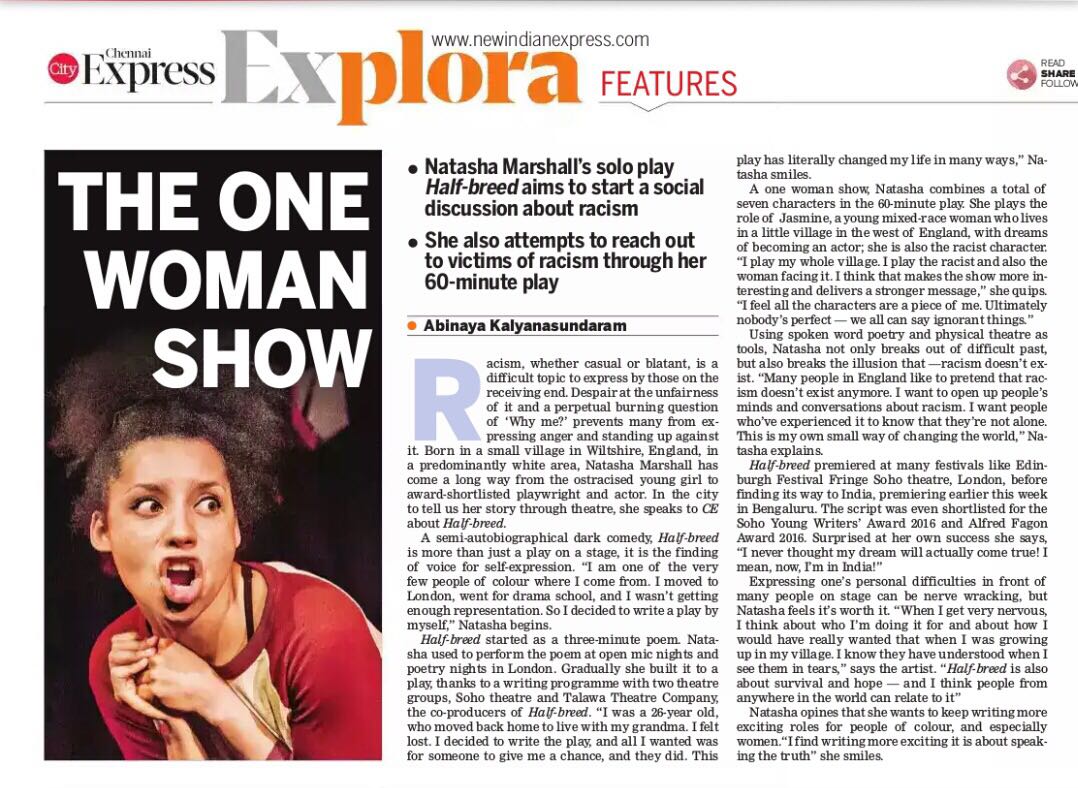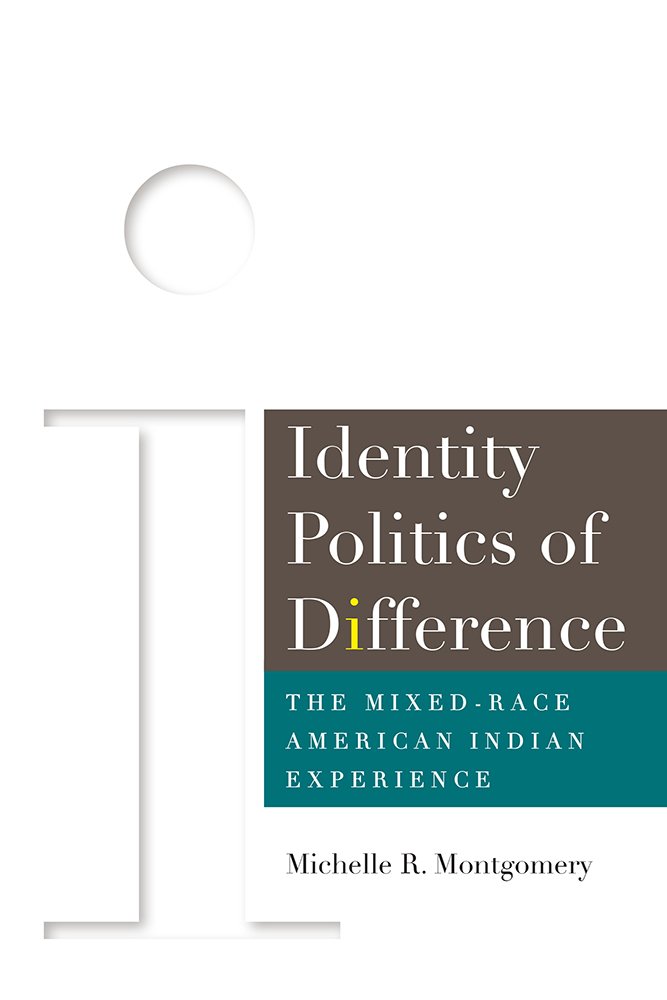Black, white or multicultural: constructing race in two countries
The University of Utah News
2017-09-18

New study compares how people in U.S. and Brazil determine someone’s race
A new study demonstrates the strong influence ancestry plays in Americans’ interpretation of whether someone is black, white or multiracial, highlighting differences in the way race is socially constructed in the U.S. compared to other parts of the world.
The three-phase study, led by Jacqueline M. Chen of the University of Utah and published in Social Psychological and Personality Science, compared how Brazilians and Americans assessed the race of another person. Brazilians were more likely to decide what race a person was based on his or her appearance, while Americans relied most heavily on parentage to make that determination.
“Our results speak to completely different definitions of what race is and whether ancestry or family background is even relevant to race,” said Chen, an assistant professor in the Department of Psychology at the University of Utah. “It is ingrained in Americans to think about race in terms of heritage. In the U.S., people ask about where your family is from as a way to ascertain your race. But in Brazil, people don’t focus on family history when determining someone’s race.”
Co-authors of the study are Maria Clara P. de Paula Cuoto of the Ayrton Senna Institute in São Paulo, Brazil (her involvement in the study is not related to her work at the institute); Airi M. Sacco of the Federal University of Pelotas, Pelatos, Brazil; and Yarrow Dunham of Yale University.
The researchers conducted three different experiments in the U.S. and Brazil to assess cultural differences in how participants determined race. Both countries have a history of European settlement, Native American displacement and African slavery, but have adopted different strategies and practices to address racial diversity, the researchers said.
The U.S. historically attempted to maintain racial hierarchy through formal rules that denied rights and resources to African Americans. Brazil encouraged interracial marriage as a way for individuals to move up the social hierarchy and to reduce the number of people who strongly self-identified as black…
Read the entire article here.






